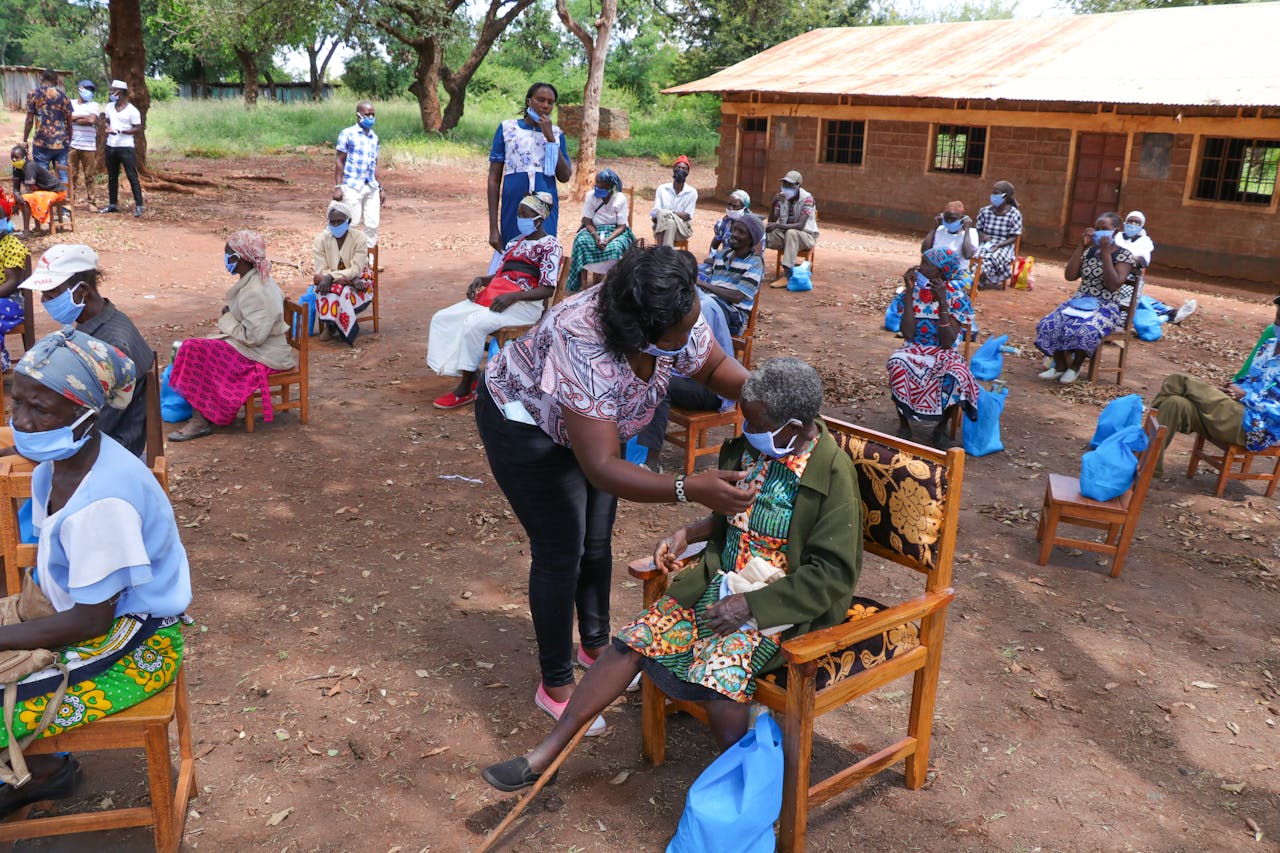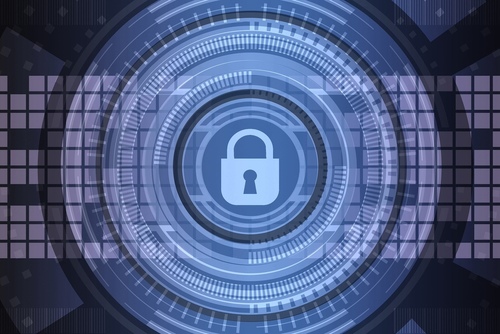Thankfully with the rise of electronic healthcare records (EHR) and the systems which use them, the challenges which used to leave volunteers burnt out are minimized or eliminated altogether. Here’s a look at how this happens, and why adopting such systems is worthwhile as a result.
Streamlining Data Access and Sharing
EHR systems offer seamless data access, allowing remote volunteering programs to function in eminently efficient ways.
Volunteers in far-flung areas benefit greatly from accessing patient records quickly. With centralized digital platforms, they no longer lug around heavy paper files.
This allows for:
- Fast retrieval of medical history
- Instant updates on patient treatments
- Secure data sharing across devices
And with tools like DrChrono EHR, volunteers can effortlessly share information between teams scattered worldwide. They can send vital details to doctors in urban centers or connect specialists to patients via telemedicine.
The other upside of streamlining the process and improving communication lines with EHR platforms is that this can prevent miscommunication and reduce errors in medical care delivery.
Let’s say you run a volunteer group offering free clinics in underprivileged regions. Using EHR ensures consistency and reliability even when personnel rotate regularly. Volunteers can focus on providing quality care without being bogged down by admin.
Enhancing Volunteer Coordination
EHR systems optimize volunteer coordination by synchronizing tasks and schedules in real-time. When managing a large team, these platforms can streamline operations overnight. And if you want to volunteer abroad this year, it’s a good idea to pick programs that have such comprehensive features in place already.
Coordinators track volunteer assignments with digital precision, ensuring that everyone is in the right place at the right time.
With shared calendars and automated alerts:
- Assignments get updated instantly
- Volunteers receive timely reminders
- Shifts align seamlessly with patient needs
Moreover, integrated communication features further enhance collaboration among remote teams. Volunteers can chat directly through EHR systems without relying on external messaging apps.
In emergency scenarios where swift action is crucial, volunteers quickly regroup or reassign roles based on up-to-date information. For instance, if you’re organizing a medical camp, smooth execution happens when everyone has access to an aligned schedule.
Improving Patient Care with Real-Time Updates
It’s not an overstatement to say that real-time updates in EHR systems can revolutionize patient care for remote volunteering programs. These dynamic features ensure volunteers make informed decisions in a fraction of the time, tying into other benefits we’ve mentioned so far.
With immediate data syncing, healthcare teams access the latest patient information in a flash. Volunteers update medical records as treatments occur, enabling others to follow precise care paths.
Upsides include:
- Continuous monitoring of health metrics
- Prompt alerts on critical changes
- Coordinated treatment adjustments
This agility is crucial when addressing unexpected developments in isolated areas where resources may be limited. For instance, an unexpected outbreak requires quick response and accurate tracking to prevent escalation.
When coupled with diagnostic tools, real-time EHR updates assist volunteers by offering actionable insights instantly, which is of course essential during emergencies or situations where changes happen regularly.
From here, volunteers can efficiently prioritize interventions based on accurate data without second-guessing the validity of information or its timeliness.
Simplifying Compliance and Security Challenges
Providing compliance and security in remote volunteering programs is less of an uphill struggle thanks to EHR systems. Built-in safeguards ensuring data protection are part for the course, and even emerging threats are encompassed. With the cost of a breach in healthcare hitting almost $11 million on average, this is an area of real concern.
Better still, top platforms adhere to regulations like HIPAA, minimizing volunteer training on complex policies. Automated compliance checks ensure patient data integrity without manual oversight.
To achieve this they include:
- Encrypted communication channels
- Role-based access control
- Audit trails for transparency
When working in regions with differing legal requirements, EHR solutions adjust swiftly to accommodate varying standards. Volunteers focus on care delivery rather than grappling with red tape or documentation mishaps.
Consider a team deployed across multiple countries. Maintaining uniform security protocols becomes feasible through standardized procedures embedded within these platforms. Volunteers thus handle sensitive information confidently, assured that robust security measures shield against breaches or unauthorized access.
Wrapping Up
As you can see, EHR systems really do redefine how remote volunteering programs manage healthcare. They streamline data handling, improve coordination, and elevate patient care quality through real-time updates.
Also, addressing compliance and security hurdles lets these platforms empower volunteers, leaving them to focus on delivering critical services rather than wrangling administrative complexities.
Looking ahead, embracing EHR technology means unlocking even greater potential for efficient and impactful global volunteer initiatives in remote areas where help is needed most.








